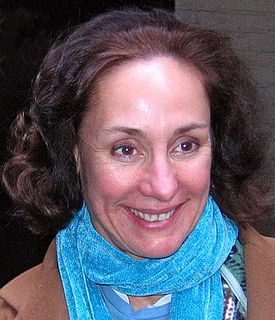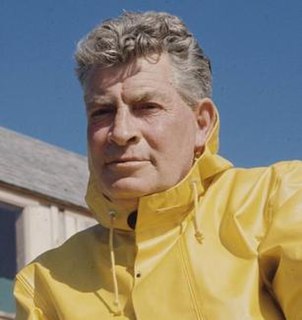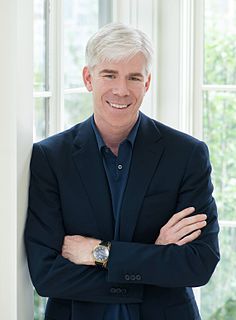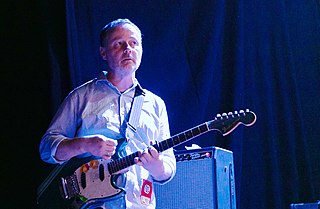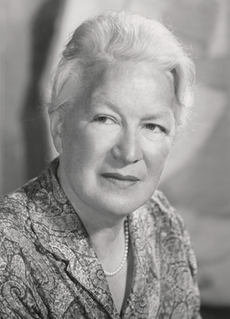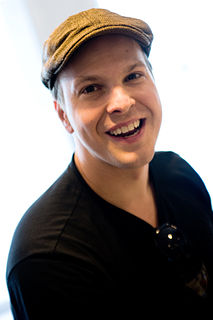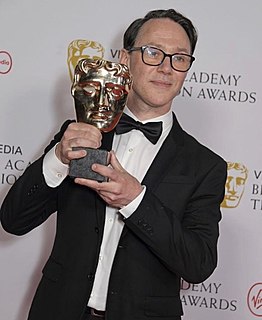A Quote by Matthew Heineman
I have faith in an audience being able to interpret complex material.
Related Quotes
With theatre, you can interpret the most complex play on stage for it have meaning to an audience because you're dealing in images, you're dealing in action, you can use different idioms to interpret and clarify something which is obscured in the reading and of course there are different kinds of play, there are mythological plays, there are what I call the dramatic sketches, direct political theatre which is virtually everybody, but I find that you can use the stage as a social vehicle, you know, which any kind of audience.
When I get a beautifully written piece of material, I immediately start imagining how I would interpret it. I love just daydreaming about it for months, breaking it down, seeing where I can spin something. How I can turn this into the most fun ride for the audience that I can make it? That's my job.
Our parents did a good job of instilling values in us, being able to do something you love. And when it gets hard, don't quit. To have faith in times where things might get hard in basketball, or maybe in life. It's being able to have a support system. Being able to have family, to help you through whatever.
The live audience, just getting an instant reaction off of an audience is the best part[of the show]. Being in the studio and working on your songs and listening to them back and doing all that - it's a lot of fun, but having that instant reaction and being able to work and vibe with an audience is the best part.
I had been digging so much for my show, Minimal Wave - constantly finding fresh old material to play every week - that I ended up discovering all these obscure bands that no one had really heard here. It was very exciting to be able to play their records on the air for a new audience and be able to get instant feedback.
But live you get the chance every night to rework it and change it and hone it. But then you get the false, weird oddness of being able to look at it and say: "Well that's weird, because last night they laughed at that and yet they didn't tonight. So what did I do? Nothing was different." You have that strange thing of being able to tell within five minutes what an audience is like. Very quickly an audience gets a personality and you start to think: "What is it about you all; you all hate it, don't you?" Then you come out and have friends in and they say: "It was brilliant!"




